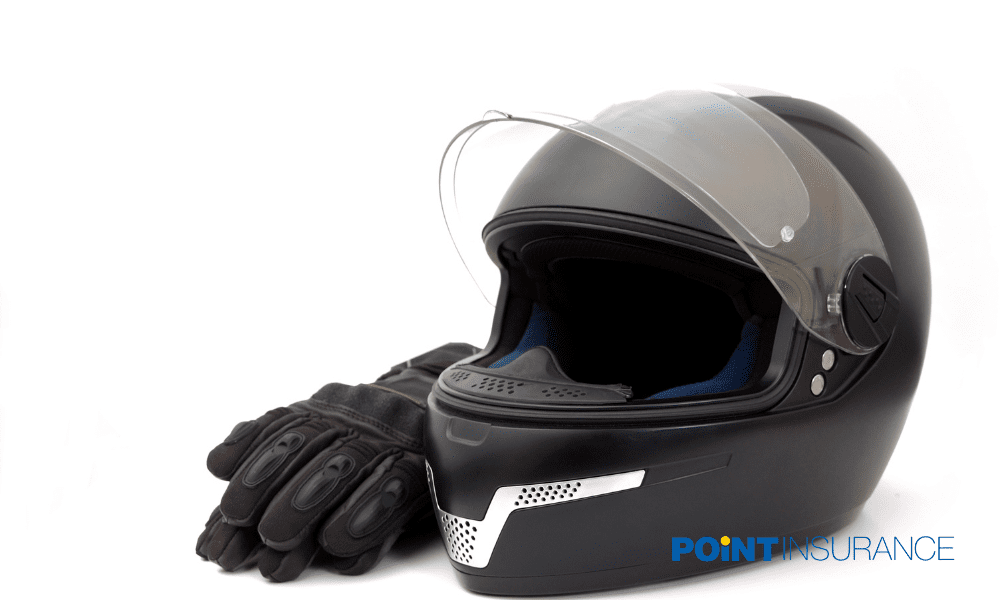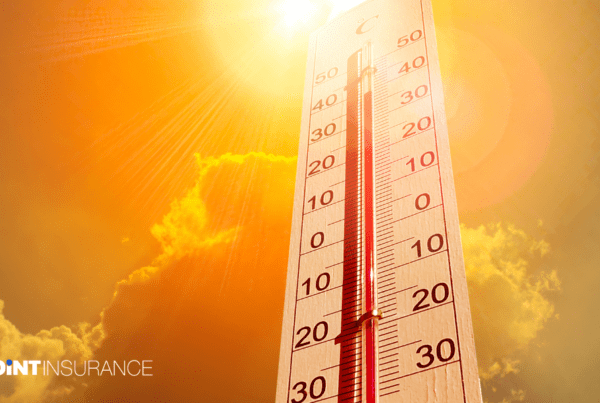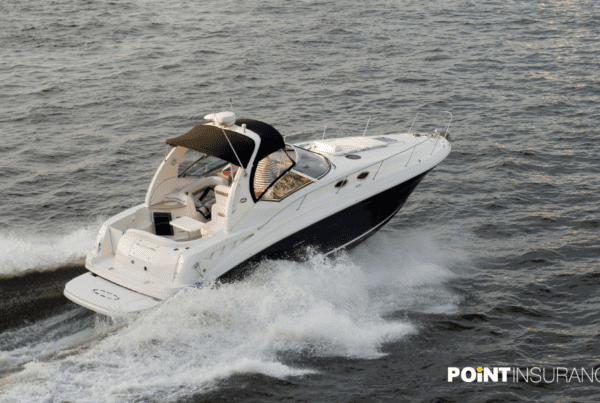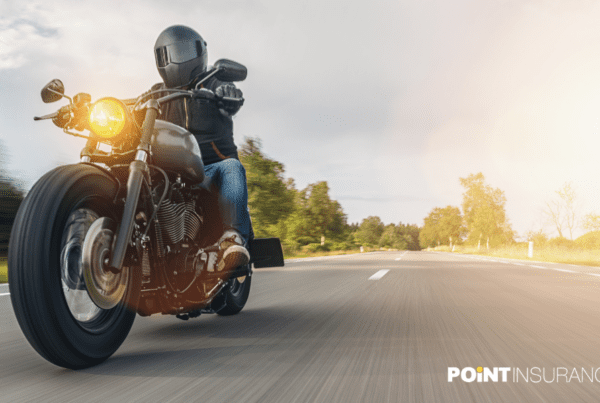
Ride safe with these motorcycle tips.
Motorcyclists know that riding gives them freedom that driving a car can’t match. But the best riders also know that motorcycles require more focus to operate and don’t provide the same protections cars do in the event of a crash. So the best riders also take great care in all situations, whether in heavy traffic on route 99, stuck in the rain, or just taking a quick ride on a perfect day.
If your habits aren’t as safe as they could be, or if you’re new to motorcycling, don’t worry! Instead, take time to improve. The quick safety tips below are a great place to start.
Want more? Check out the Motorcycle Safety Foundation (http://www.msf-usa.org) or the American Motorcyclist Association (www.americanmotorcyclist.com). And remember to give us at Point Insurance a call at 833.280.6080 when you need to get coverage for your bike (or your home or auto, boat, or more)!
First things first
- Wear proper safety gear and, most importantly, a helmet – no matter how short your trip may be.
- Make sure other motorists can see you. Make it easier for them by wearing reflective clothing, always using turn signals (and perhaps hand signals), and keeping your headlight on.
- Even when taking the above precautions, stay alert and assume that other drivers don’t see you — especially at intersections and when making lane changes or passing.
- Be patient. Don’t tailgate; if someone is tailgating you, get out of their way.
- Don’t ride after drinking or taking any medications that could impair your abilities.
Riding at night
- Again, make sure you’re visible — particularly at dusk. Consider upgrading your headlight or adding other lights to your ride. Is your bike black? What about your clothing? Both will make it more difficult to see at night.
- Your vision must be clear, so keep your visor or goggles clean and free from scratches. If you don’t use face or eye protection, consider it.
- Carry a flashlight or other emergency gear with you so a mechanical problem doesn’t leave you stranded — and invisible — on the side of a dark road.
Bad weather?
- Keep rain and cold-weather gear handy. Riding isn’t just more enjoyable when you’re warm and dry — it’s safer, too.
- Use extreme caution when it first begins to rain, as the roads are most slick. Pull over and wait if necessary. It’s better to be late than ride in unsafe conditions.
We wish all your rides could be on sunny days with wide-open roads, but we know that won’t happen. So think about safety every time you start up your bike!



